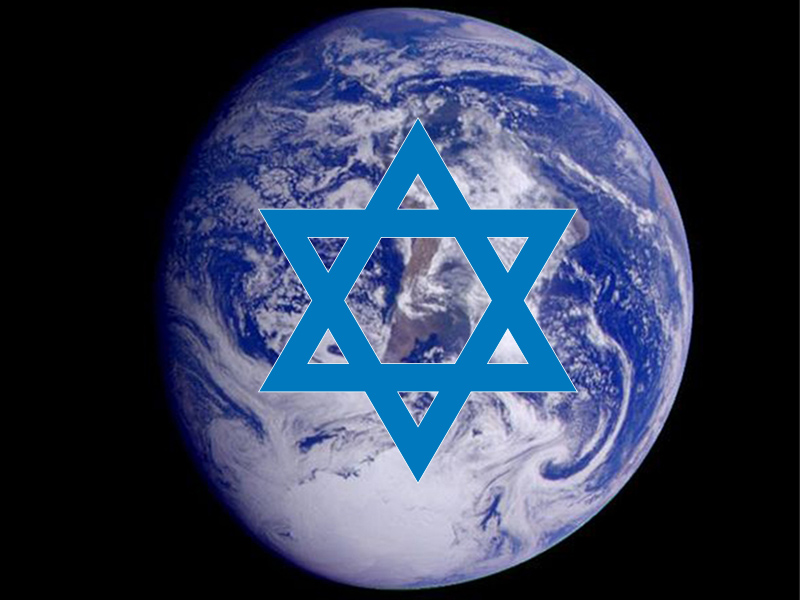My parents both immigrated to Canada. So did my in-laws. Their roots, grounded in countries half way around the world, shaped my conception of Jewish peoplehood. My children and their peers, with familial roots more deeply grounded in Canada, will understand the global Jewish community through a dramatically different lens. This generational shift is going to change the way our community understands peoplehood.
As a child, my family was global. We had family in Europe and Israel, South Africa, Australia and South America. Rosh Hashanah cards would arrive in September and there were Passover phone calls in April. When we travelled – which more often than not was planned around visiting family – we stayed in their homes, celebrated Shabbat together, and talked about local Jewish life.
Through these experiences, I came to understand the global Jewish community, and the contours of Jewish life in different corners of the world. I learned about variant customs and forms of prayer, different types of Jewish education and community infrastructure, local Jewish cuisine and culture. I also learned about the harsh reality of anti-Semitism that seemed so distant growing up in Toronto.
Beyond facts and figures, I developed an appreciation for Jewish peoplehood – a sense of kinship and community with Jews around the world. Notwithstanding the differences in our practices or circumstances, I feel a bond with the global Jewish community.
READ: KEEPING THE NEXT GENERATION JEWISH
I remember my Grade 9 Jewish history class from about 20 years ago where we studied contemporary Jewish society. In one of the first classes, my teacher asked, “Who is a first-generation Canadian.” Most of the class raised our hands. Our parents had immigrated from Europe and South Africa, Argentina, Israel, Russia and elsewhere.
Ten years ago, I taught the same class. When I asked the question, only about a quarter of my class raised their hands. I imagine that if I were teaching the class today, the proportion would be even lower.
My understanding of Jewish peoplehood was shaped by my parents’ roots and connections abroad. As my own children grow up, the centre of their universe will be in Toronto. The overwhelming majority of “international” connections will be in the United States or with Israel.
Beyond familial connections, our educational infrastructure is built to reinforce the Canadian-American and Canadian-Israeli connection. Inter-school programs, summer camps and youth movement conventions are largely North American rather than international. Geographically, culturally, financially and linguistically this is logical, but limits the scope of our Jewish experiences.
Over the last quarter century, our educational infrastructure has significantly increased the people-to-people relationship between Canadians and Israelis. Israel trips that have mifgashim – encounters with Israelis – as a core component, school twinning through pen pals and Skype, and, most profoundly, the introduction of shinshinim, young Israeli emissaries, into our schools, synagogues and camps, have all created deeper relationships between Canadian Jews and Israelis. These are critical connections affording our children a true sense of Israel and authentic connections with peers and near peers. We have created a community deeply engaged with Israel.
We don’t, however, build the same kinds of connections with other global Jewish communities. One of the challenges we must confront is how to build these connections with Jews throughout the world. Without the deep international familial connections with which I grew up, or the educational infrastructure we have created to build connections with Israel and Israelis, how will my children relate to Jews in Hungary or Ukraine, or Morocco?
I believe Jewish peoplehood is an essential part of Jewish community. Not only does it teach about global responsibility, it also teaches about the richness and diversity of our community and heritage. Recognizing the changing face of our community, it’s time to rethink and invest in deepening global Jewish peoplehood.
